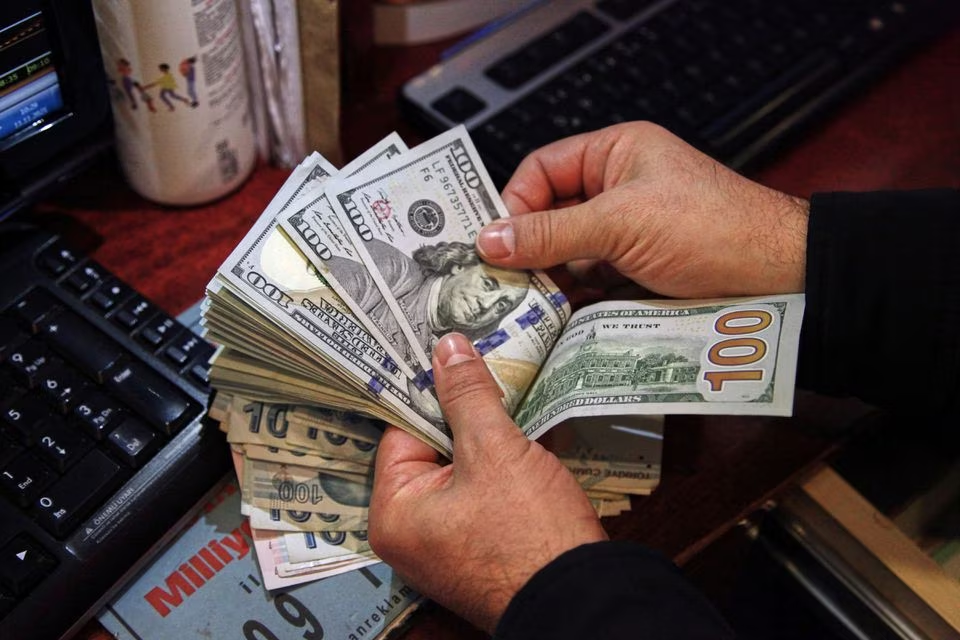PARIS -- Governments should open a new front in the international clampdown on tax evasion with a global minimum tax on billionaires, which could raise $250 billion annually, the EU Tax Observatory said on Monday.
If levied, the sum would be equivalent to only 2% of the nearly $13 trillion in wealth owned by the 2,700 billionaires globally, the research group hosted at the Paris School of Economics said.
Currently billionaires' effective personal tax is often far less than what other taxpayers of more modest means pay because they can park wealth in shell companies sheltering them from income tax, the group said in its 2024 Global Tax Evasion Report.
"In our view, this is difficult to justify because it risks to undermine the sustainability of tax systems and the social acceptability of taxation," the observatory's director Gabriel Zucman told journalists.
Billionaires' personal tax in the United States is estimated to be close to 0.5% and as low as zero in otherwise high-tax France, the Observatory estimated.
Growing wealth inequality in some countries is fuelling calls for the richest citizens to bear more of the tax burden as public finances struggle to cope with aging populations, huge financing needs for climate transition and legacy COVID debt.
U.S. President Joe Biden's 2024 budget included plans for a 25% minimum tax on the wealthiest 0.01%, but that proposal has since fallen by the wayside with lawmakers in Washington preoccupied with government shutdown threats and looming funding deadlines.
Though a coordinated international push to tax billionaires could take years, the Observatory pointed to the example of governments' success in all but ending bank secrecy and reducing opportunities for multinationals to shift profits to low-tax countries.
The 2018 launch of automatic sharing of account information has reduced the amount of wealth held in offshore tax havens by a factor of three, the observatory estimated.
A 2021 agreement between 140 countries will limit multinationals' scope to reduce tax by booking profits in low-tax countries by setting a global 15% floor on corporate taxation from next year.
"Something that many people thought would be impossible, now we know can actually be done," Zucman said. "The logical next step is to apply that logic to billionaires, and not only to multinational companies."
In the absence of a broad international push for a minimum tax on billionaires, Zucman said a "coalition of willing countries" could unilaterally lead the way.
Although the end of banking secrecy and the corporate minimum tax have put an end to decades-long competition between countries on tax rates, numerous opportunities remain to reduce tax bills, the report said.
For example the rich increasingly park wealth in real estate instead of offshore accounts while companies can exploit loopholes in the 15% corporate tax minimum.
Meanwhile, governments are increasingly competing for investment through subsidies even though that is less harmful to their tax bases than competing only on low tax rates, the Observatory said.


















































